6 powerful books on war and rebellion
Journalist and former Marine platoon commander Elliot Ackerman shares his favorite books about political unrest and conflict

Journalist and former Marine platoon commander Elliot Ackerman shares his favorite books about political unrest and conflict:
Man's Fate by André Malraux (Vintage, $17).
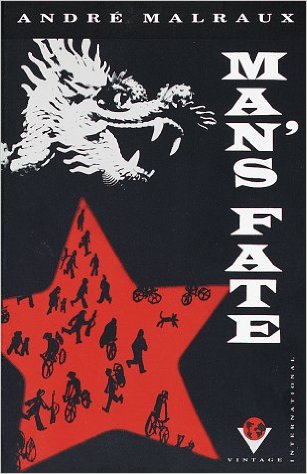
When the revolutionary impulse overtakes a society, what is the meaning of that impulse to the individual? Malraux's novel chronicles a failed 1930s Chinese socialist insurrection that presaged the rise of Maoism. The emotional contours Malraux charts read like today's front page.
The Week
Escape your echo chamber. Get the facts behind the news, plus analysis from multiple perspectives.

Sign up for The Week's Free Newsletters
From our morning news briefing to a weekly Good News Newsletter, get the best of The Week delivered directly to your inbox.
From our morning news briefing to a weekly Good News Newsletter, get the best of The Week delivered directly to your inbox.
The Catcher in the Rye by J.D. Salinger (Little, Brown, $9).
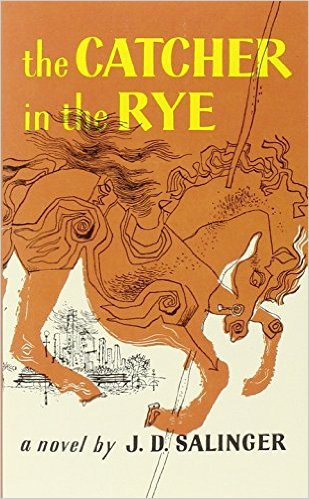
I read it in high school and really didn't get it. I went to war, came back, and then I got it. Though often read as a tale of teenage angst, at its emotional core, Catcher is also a war novel. Salinger landed on Utah Beach in the first wave on D-Day. Here's the book's final line: "Don't tell anybody anything. If you do, you start missing everybody." Salinger didn't tackle the war head-on in his writing; here, Holden Caulfield tells us why.
The Duel by Joseph Conrad (Melville House, $8).
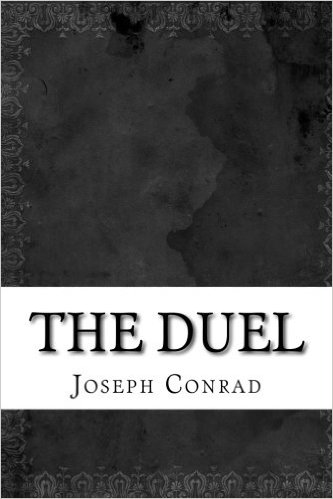
Near the outbreak of the Napoleonic Wars, two French lieutenants fight an inconclusive duel — which, it is later revealed, was in part triggered by a misunderstanding. A series of subsequent duels occur over the next two decades. Conrad's allegorical tale, published in 1908, seems newly relevant as we once again enter a period of cyclical violence.
A free daily email with the biggest news stories of the day – and the best features from TheWeek.com
Slouching Towards Bethlehem by Joan Didion (Farrar, Straus & Giroux, $15).
Slouching Towards Bethlehem merits a revisit, not only for the evident parallels between the 1960s and America's current political turmoil, but also for Didion's unmatched ability to distill the essence of a time, a place, or a movement headed in directions unknown.
Embers by Sandor Marai (Vintage, $16).
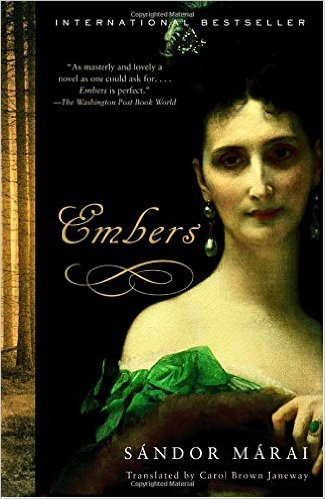
This 1942 novel takes place during the twilight of the Austro-Hungarian Empire, as two old, estranged military school friends reunite for a once customary dinner. The dinner turns into a trial of sorts, as well as an examination of friendship, love, fidelity, and the fallout from the dissolution of old orders.
Shah of Shahs by Ryszard Kapuscinski (Vintage, $15).
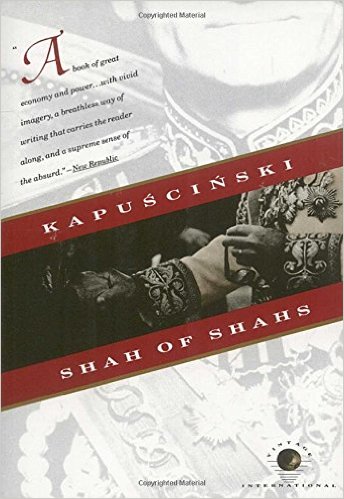
A fever dream of a book — probably the best title on this list — about the fall of Iran's last shah. Nobody writes quite like Kapuscinski, whose style reads like an improbable blend of magic realism and journalism.
— Elliot Ackerman, a former Marine platoon commander, is a journalist and the author of the 2015 novel Green on Blue. In Dark at the Crossing, his second novel, an Iraqi-American attempts to join Syrian rebels fighting to topple Bashar al-Assad.
-
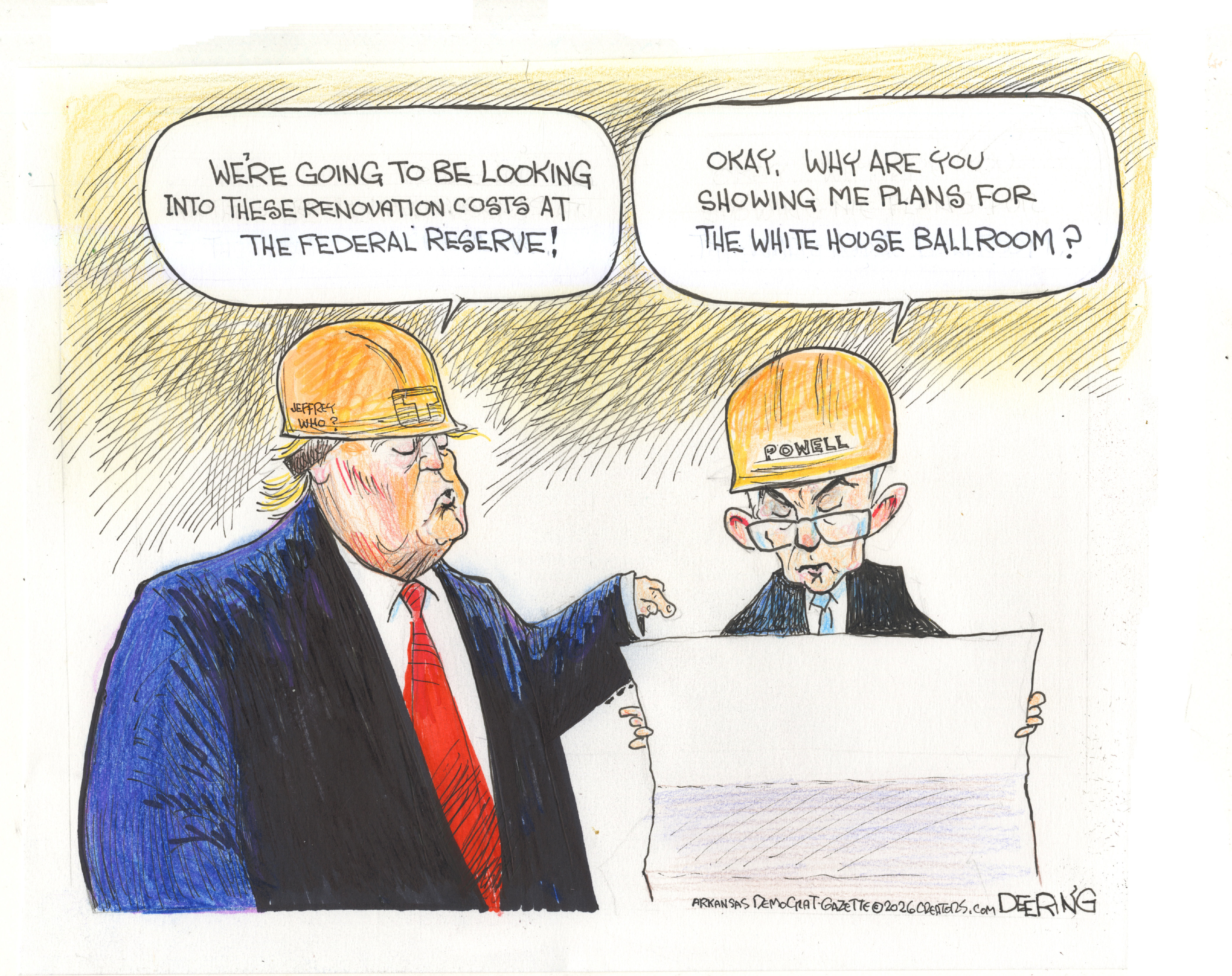 Political cartoons for January 17
Political cartoons for January 17Cartoons Saturday’s political cartoons include hard hats, compliance, and more
-
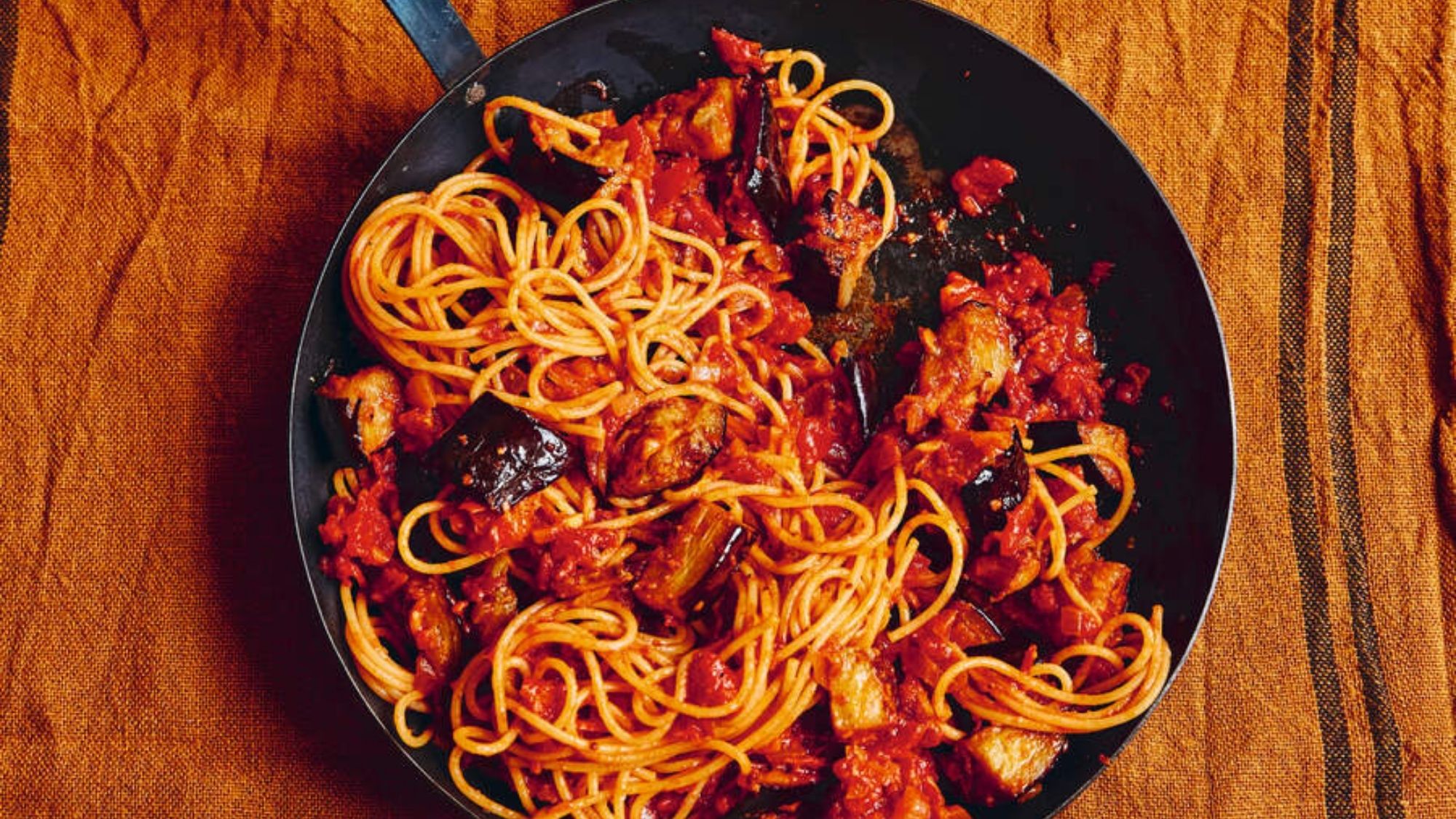 Ultimate pasta alla Norma
Ultimate pasta alla NormaThe Week Recommends White miso and eggplant enrich the flavour of this classic pasta dish
-
 Death in Minneapolis: a shooting dividing the US
Death in Minneapolis: a shooting dividing the USIn the Spotlight Federal response to Renee Good’s shooting suggest priority is ‘vilifying Trump’s perceived enemies rather than informing the public’